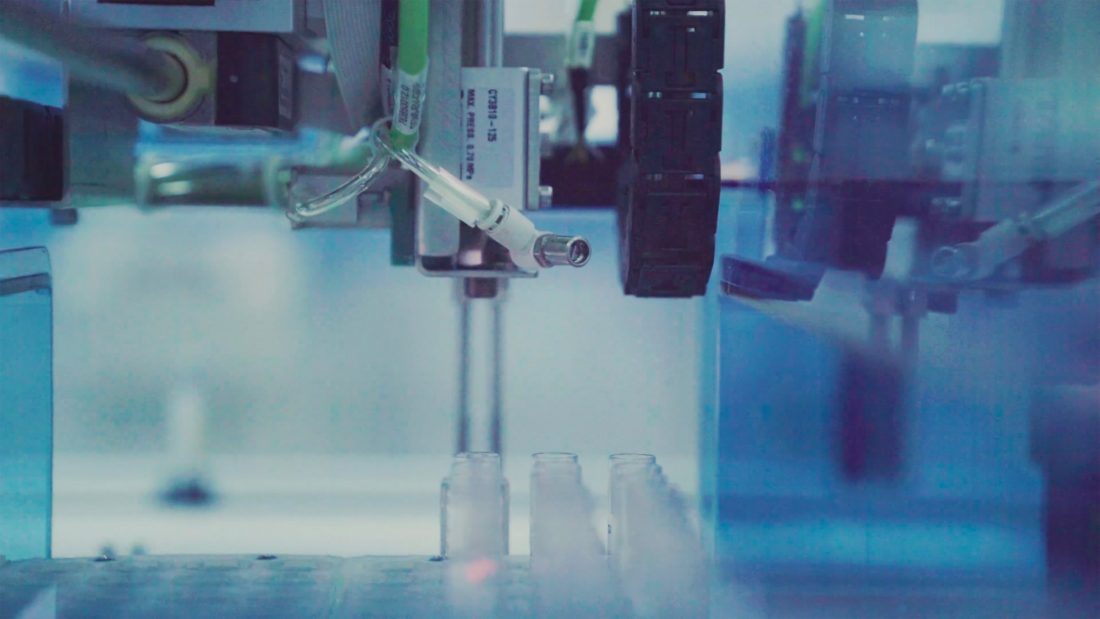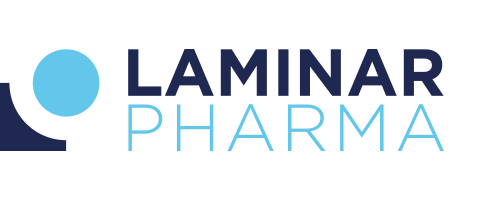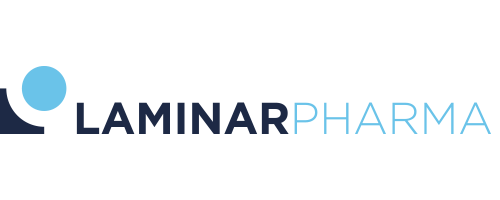
16 Dec Getting started in clinical trials: a leap of faith?
If there is something that is set in stone in the biopharma sector, it is the fact that bringing an innovative molecule with therapeutic potential to the market is a long-distance race. If this is true even for companies already settled in the market, recently established biotech startups usually find this process to be an odyssey. In this sense, clinical trials are one of the major challenges facing academic research groups that aspire to become startups and exploit the fruits of their investigation.
For a biopharmaceutical company, setting up a clinical trial is the trial by fire that determines success. And we say this because we have been there. Our company, Laminar Pharma was established in 2006 as a spin-off from the University of the Balearic Islands (Mallorca, Spain) with the intention of taking their innovation to the market as soon as possible. Currently, our candidate drug LAM561 has succeeded in a Phase I/2a clinical trial and we have started a Phase 2b/3 to determine its safety and efficacy in the treatment of the new-diagnosed glioblastoma. However, before we reached this landmark, we started like any other spin-off: struggling to find our place within the highly competitive biopharma industry. We have picked up some essential knowledge along the way:
The first thing to have in mind while designing clinical trials is that they should determine if a scientific hypothesis is correct. Designing a clinical trial program to answer pending questions about the candidate molecule can truly make the difference. This is especially relevant for small companies that may be face financial constrains: a well-designed and executed clinical trial may prevent loss of money and time. In this sense, we more than agree with former drug development professional at Roche, Dr. Andreas Wallnöfer, who summarized – “clinical trials are an art”.
The success of clinical trials is also linked to who is in charge of it. This can pose a challenge to start-ups too, as it will likely imply looking for new personnel who are responsible and trustworthy. Involving the right people with appropriate knowledge of clinical trials and participants is paramount to avoiding mistakes and ensuring correct protocol including setting the right dose, the right trial length and scale. Enrolling regulatory consultants at an early stage is important too. Unlike scientific publications where novelty is the highlight, the primary requirement from documentation in clinical trials is for them to be compliant with regulations set by the different agencies at national and international levels.
Even if these issues affect how a recently established company approaches clinical trials, the most limiting factor is always money. Before considering jumping into clinical trials with humans, the first step in taking a drug from the bench to bedside are toxicologic studies in animals to prove the candidate molecule is safe. Unless the parent research institution has the logistics and the legal requirements to do so, these studies are often performed by external licensed companies. The whole process cost can cost up to 500,000 euros. The costs only go higher from here – for example, a phase 1 clinical trial for an oncologic drug may cost up to 3 million euros.
For these reasons, finding a sustainable and reliable source of funding becomes the most important obstacle and the reason for a slow pace of development for emerging biopharma companies. In our case, among the different options available, we opted for private funding, but public institutions and governments at national and international scale usually offer grants or loans.
The most important message, however, is this – whether you are a young spin-off, a new biopharma company or you are still considering a shift from academia to industry, don’t let these obstacles discourage you! If you manage to succeed, the effort will definitely pay off! For us, it has been a journey full of discoveries and accomplishment, and we hope these tips may help you take the leap of faith and continue your drug development journey!

